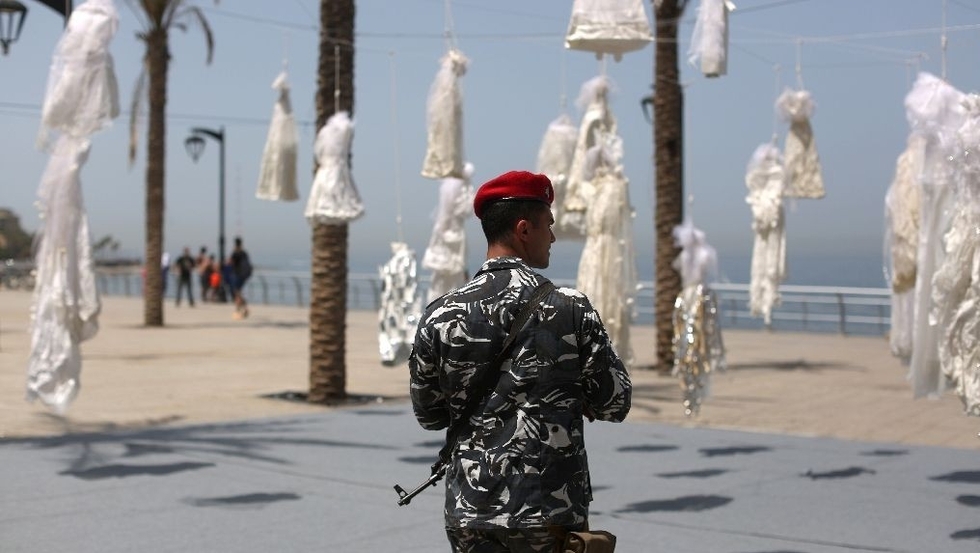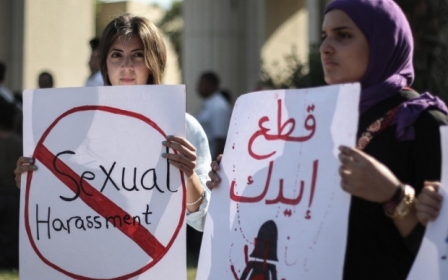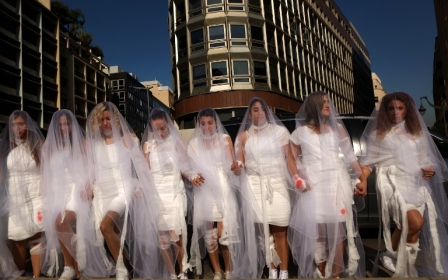Jordan parliament scraps infamous 'marry your rapist' law

Jordanian politicians have voted to abolish a law that lets rapists off the hook if they marry their victims, rights campaigners said on Tuesday.
Perpetrators of other forms of sexual assault were also able to escape imprisonment if they married their victims.
They hailed the move - which comes a week after Tunisia scrapped a similar law - as an important step towards ending impunity for sexual violence.
Campaigners have said such laws, which exist in a number of Middle Eastern countries, including Algeria, Lebanon and Iraq, condemn girls to a lifetime of sexual violence and domestic abuse at the hands of their rapist.
No girl should be presented as a gift to her rapist
- Wafa Bani Mustafa, Jordanian MP
"It is a historical achievement in Jordan today," said Suad Abu-Dayyeh, Middle East consultant for Equality Now, a London-based legal advocacy organisation.
"I think it is a really a positive step forward towards ending impunity for sexual assault and ending violence against women, but also (for) improving the rule of law," Adam Coogle, Middle East researcher at Human Rights Watch, told the Thomson Reuters Foundation.
Jordanian parliamentarian Wafa Bani Mustafa, who has campaigned to end the law, said last week that parents often agreed to such marriages to minimise "family shame", but she said no girl should be "presented as a gift" to her rapist.
'A white dress doesn't cover rape'
Rights groups said they hoped Lebanon, which is discussing amending or abolishing a similar provision, would follow Jordan's lead.
"Hopefully this will encourage parliamentarians in Lebanon to revoke it without any exceptions," said Abu-Dayyeh.
In Lebanon, rights group Abaad has campaigned against the law with billboards of women in bloodied and torn wedding gowns. The caption reads: "A white dress doesn't cover up rape."
In April campaigners hung white wedding dresses from nooses on Beirut's seafront.
Bahrain’s parliament had proposed a full repeal of a similar law, but is now considering amended text from the cabinet that proposed repealing the provision only in cases of gang rape.
Egypt repealed its law in 1999, and Morocco overhauled its law in 2014 following the suicide of a 16-year-old girl and the attempted suicide of a 15-year-old who were forced to marry their rapists.
Other countries in the region that retain similar provisions include Algeria, Iraq, Kuwait, Libya, Palestine, and Syria.
Globally, several Latin American countries, the Philippines, and Tajikistan are among countries that retain such provisions.
New MEE newsletter: Jerusalem Dispatch
Sign up to get the latest insights and analysis on Israel-Palestine, alongside Turkey Unpacked and other MEE newsletters
Middle East Eye delivers independent and unrivalled coverage and analysis of the Middle East, North Africa and beyond. To learn more about republishing this content and the associated fees, please fill out this form. More about MEE can be found here.




